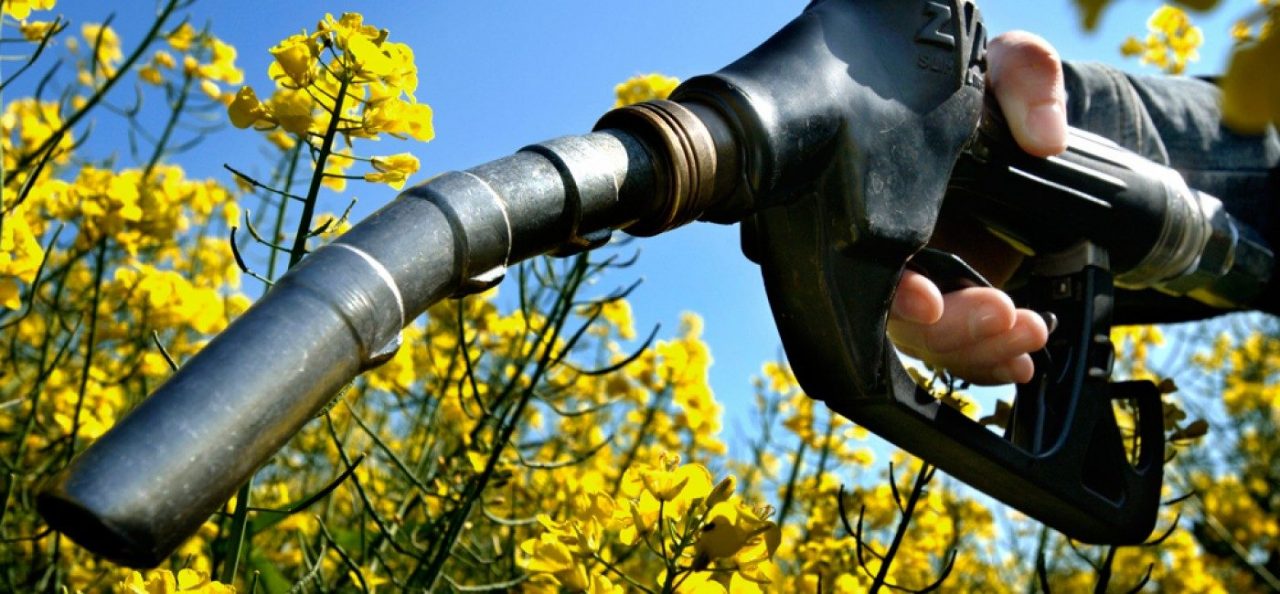Food versus fuel, EU questions canola

The food versus fuel debate is resurfacing in Europe and that is not good news for Australian and Canadian canola growers.
“It’s pretty obvious over time food will win,” Nick Goddard, executive officer of the Australian Oilseeds Federation (AOF) said in a pre-recorded presentation for the International Grains Council’s Grains Conference 2022.
He is forecasting that European biodiesel demand for canola is going to drop off over the next three to eight years as Europeans increasingly embrace electric vehicles.
Heavy equipment manufacturers like Volvo and Mercedes are making statements that they too are shifting to electric vehicles. Their machines are big users of biodiesel.
“We acknowledge that the goose that’s laying the golden egg, essentially Europe, will end,” said Goddard.
Europe accounts for 80 percent of Australia’s canola exports, which means Australia is in “quite a vulnerable situation,” he said.
The European Union is also a large market for Canadian canola, accounting for 11 percent of 2021 sales and 21 percent of the 2020 export program.
Most of that imported canola is used to make biodiesel.
The good news is there will be some opportunities for biofuel in the maritime and aviation sectors, but those sectors are such massive consumers of fuel that they won’t likely be relying on vegetable oil as a feedstock, he said.
Australia used to produce about three million tonnes of canola per year but in the last couple of years the range has been a record four to six million tonnes thanks to consecutive La Nina events.
“It’s very much through more good luck than good management,” said Goddard.
It appears that luck will continue in 2022 with a third consecutive La Nina event. AOF is forecasting about five million tonnes of production.
Australia’s good fortune couldn’t come at a better time.
“We’ve really acted as the backup generator in a way, to be able to support and supplement global supply at a time when there has been some pretty severe shortages,” he said.
Canola production is confined to the extreme southwest and southeast corners of the country.
“We really are not able to expand beyond these regions,” said Goddard.
“This is pretty much what it is.”
If anything, seeded area of the oilseed will contract due to climate change.
Growers are experimenting with alternative oilseeds such as carinata. Breeders are also attempting to bump up the oil content of lupins.
“Australia is the largest producer of lupins in the world,” he said.
“Most of it goes down the throats of animals but through technology we might be able to produce this as an oilseed.”
Breeders are also trying to increase the oil content in the biomass of big-leaf plants like tobacco.
Goddard said the long-term outlook for canola is encouraging due to population growth. The world will have an extra two billion people by 2050 and 30 percent of their calories come from fats and oils.
That means people will be consuming an extra 58 million tonnes of fats and oils per year. If half of that is vegetable oil that’s an incremental 29 million tonnes of demand per year by 2050.
“The bottom line is the future is bright but watch out for that mounting food versus fuel debate,” he said.
Read also
Ukraine is ready to help Syria prevent food crisis – Zelenskyy
Join with the EARLY RATE – 22 International Conference BLACK SEA GRAIN.EUROP...
Brazil sugar output decreased by 23% — Unica
Algeria imposes a complete ban on durum wheat imports in 2025
Weather in Brazil and Argentina remains favorable for the future harvest of soybea...
Write to us
Our manager will contact you soon



